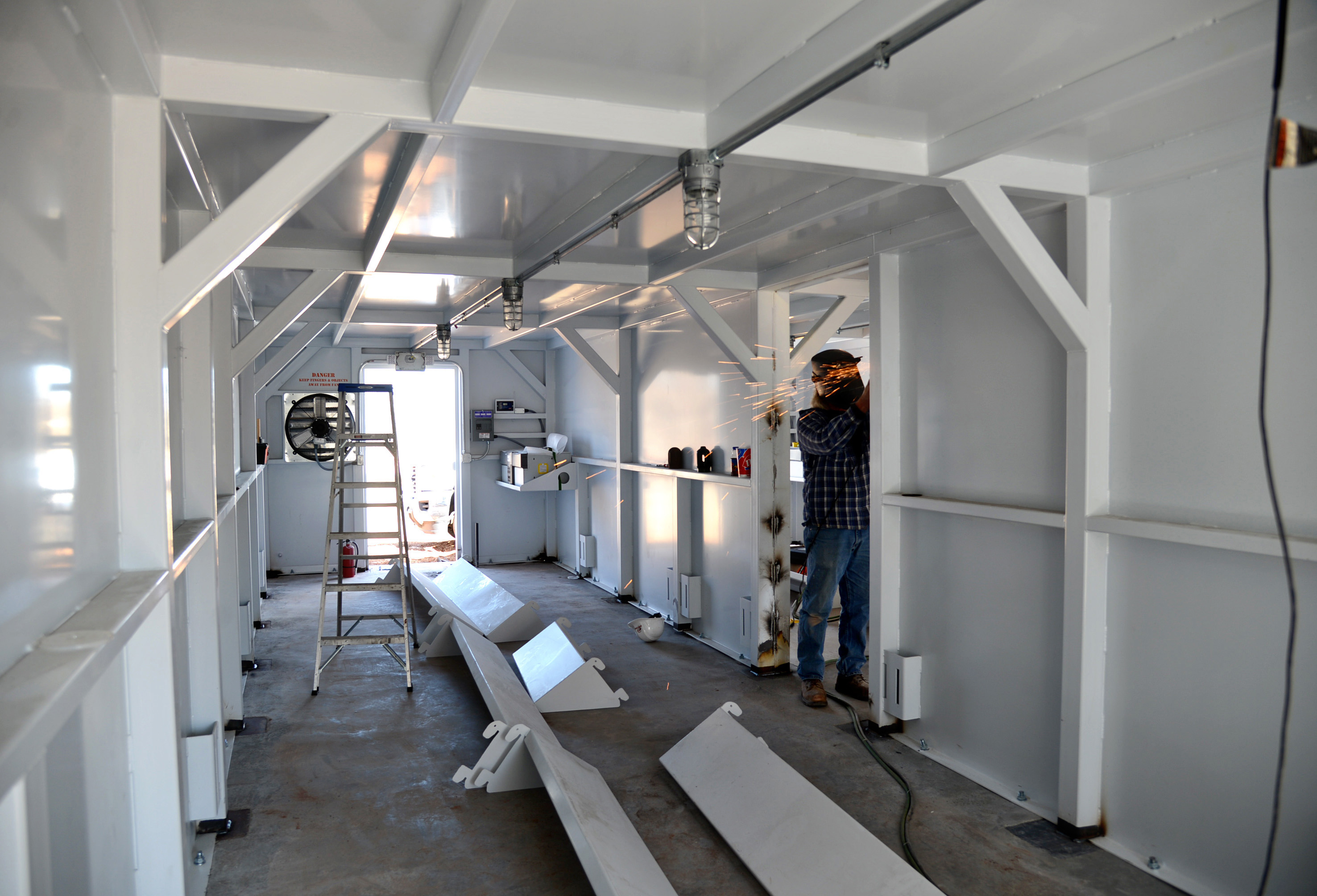The traditional business day has long been associated with the hustle and bustle of daylight hours, but a new trend is emerging that challenges this norm. ghttime business, also known as nocturnal orghttime economy, refers to the various economic activities that take place during the late evening and early morning hours. From entertainment and dining to retail and services, the concept of ghttime business is reshaping urban landscapes and creating a plethora of economic opportunities. In this article, we delve into the phenomenon of ghttime business, its benefits, challenges, and its potential to revolutionize the way we view commerce.
The ghttime Business Boom
The ghttime business concept has gained significant traction in recent years, with cities around the world recognizing the potential benefits of extending economic activities beyond traditional working hours. The transformation is most evident in industries such as hospitality, entertainment, and food services. Bars, clubs, and restaurants have become anchors of the ghttime economy, attracting both locals and tourists seeking entertainment and leisure after dark.
Retailers have also joined the ghttime business trend, opening their doors for late-night shoppers. This move aligns with the changing lifestyles of urban dwellers who often have non-traditional work schedules. The 24-hour retail model not only caters to the convenience-seeking consumer but also taps into a market that was previously underutilized during ghttime hours.
Benefits of ghttime Business
- Economic Growth: The expansion of business hours can lead to increased revenue for businesses and, consequently, higher tax revenue for local governments. This growth can contribute to overall economic resilience.
- Job Creation: ghttime business naturally leads to the creation of new jobs, offering employment opportunities for individuals who prefer or are only available to work during ghttime hours.
- Diverse Lifestyle Options: The ghttime economy provides a diverse range of leisure and entertainment options for people with varying schedules, promoting inclusivity and enhancing urban living experiences.
- Tourism Boost: Tourists often seek engaging activities beyond typical daytime sightseeing. A vibrant ghttime economy can attract more tourists, extending their stay and boosting the local economy.
- Reduced Congestion: Spreading out consumer activities over extended hours can help alleviate rush hour congestion, making urban transportation systems more efficient.
- Creative Expression: The ghttime economy encourages creativity in event planning, artistic performances, and innovative dining experiences that can set cities apart.
Challenges to Overcome
While the potential benefits are enticing, the expansion of ghttime business comes with its own set of challenges:
- Safety and Security: Extended business hours can raise concerns about safety, particularly in urban areas. Implementing effective security measures and increasing police presence is crucial.
- Noise and Nuisance: Late-night activities can lead to noise complaints from residents. Balancing the interests of businesses and residents is essential to avoid conflicts.
- Workforce Issues: ghttime business requires a workforce willing to work non-traditional hours. Ensuring fair compensation, adequate breaks, and a safe working environment is essential.
- Infrastructure and Transportation: Public transportation availability during ghttime hours must be aligned with the expansion of the ghttime economy to ensure accessibility for both workers and patrons.
- Regulation and Zoning: Adapting regulations and zoning laws to accommodate extended business hours while addressing potential negative impacts is a complex challenge.
- Environmental Impact: Extended business hours can contribute to higher energy consumption and waste generation. Sustainable practices should be a priority.
Navigating the Future
To effectively harness the potential of ghttime business, cities must adopt a comprehensive and strategic approach. Here are some strategies that can guide this transformation:
- Collaboration: City governments, businesses, residents, and other stakeholders should work together to develop comprehensive plans that balance economic growth, safety, and quality of life.
- Infrastructure Investment: Investments in transportation, lighting, and public spaces should support the extended hours of operation. Safe and well-maintained urban environments are crucial.
- Innovation: Encourage businesses to experiment with new concepts and ideas for ghttime activities. From pop-up events to unique dining experiences, innovation can set cities apart.
- Regulatory Flexibility: Review and adapt regulations to support extended business hours while addressing concerns related to noise, safety, and workforce conditions.
- Community Engagement: Involve residents in the planning process to ensure their concerns are heard, and to foster a sense of ownership in the development of the ghttime economy.
Conclusion
As our world becomes increasingly interconnected and lifestyles continue to evolve, the traditional boundaries of business hours are blurring. The concept of ghttime business is not just a passing trend; it represents a fundamental shift in the way we engage with commerce and urban living. By addressing challenges head-on and capitalizing on the benefits, cities can unlock a new era of economic growth, job creation, and cultural enrichment. The night, once seen as a time of rest, is now a canvas for innovation and opportunity, shaping the cities of the future.


